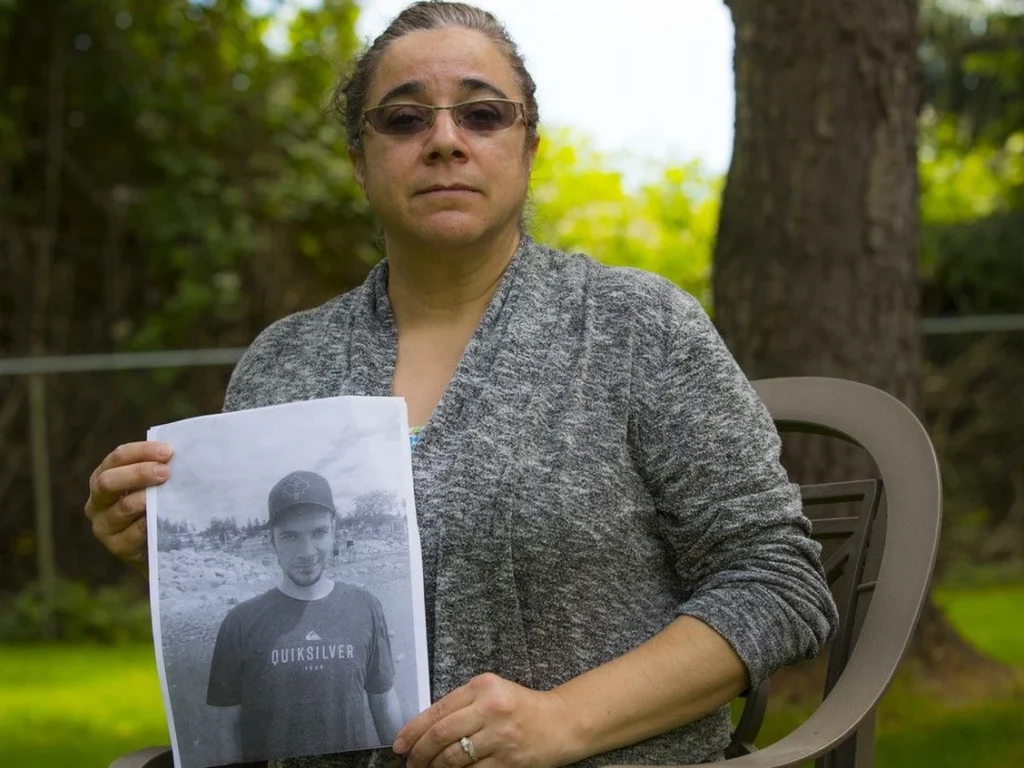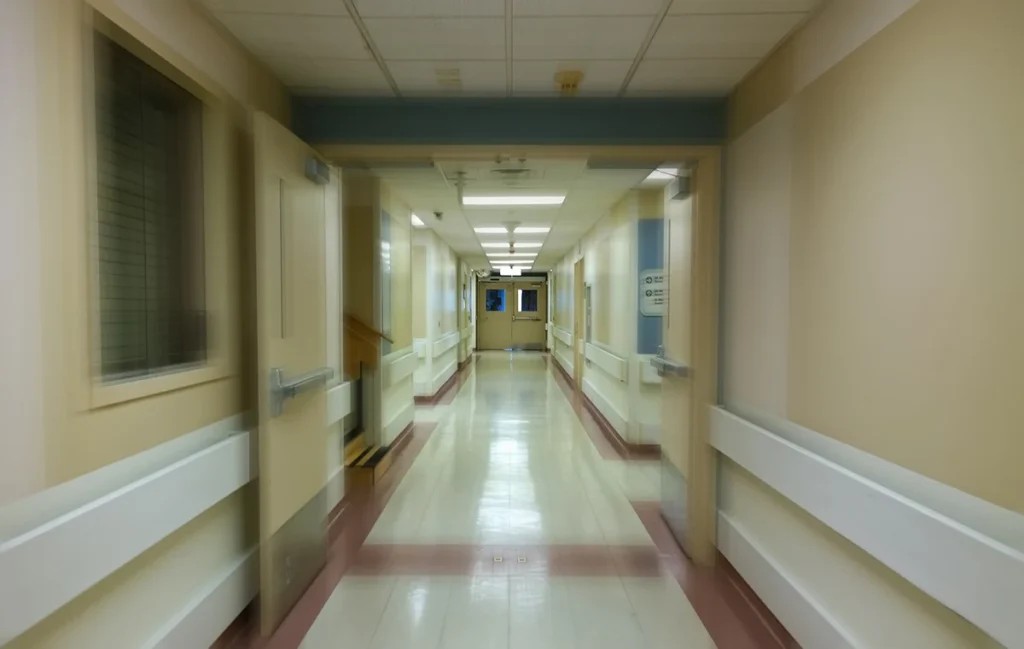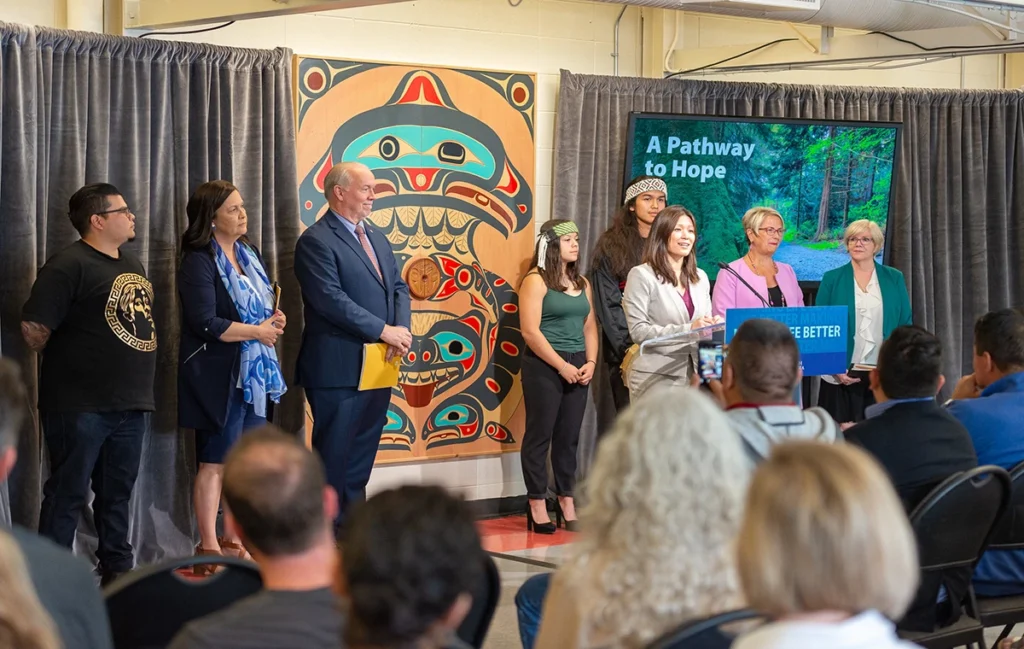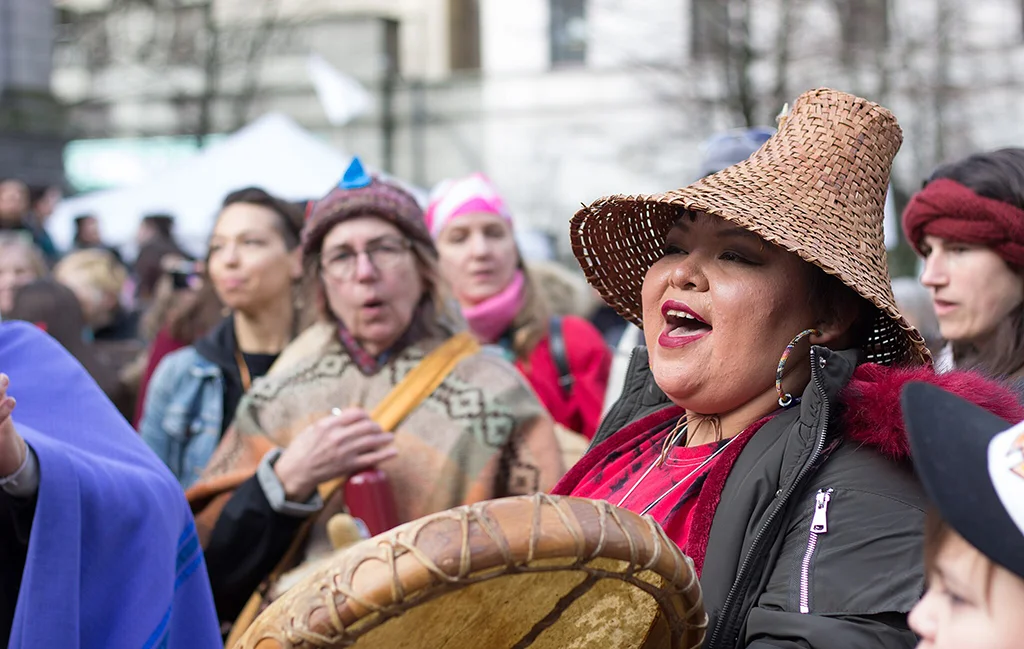“I begged for him to be involuntarily treated for eight years. Now he’s ashes in a box.”
Those are the heart-wrenching words of Surrey mother Nicola DeSousa, whose son, Christian, died from an overdose after a 12-year battle with addiction. Nicola’s tragic story highlights the stark reality many families in British Columbia face when trying to navigate a healthcare system ill-equipped to deal with severe substance use and mental health disorders.
Premier David Eby’s recent re-election promise to expand involuntary care for British Columbians suffering from these issues has sparked controversy, especially among those who, like Nicola, believe the system failed them. Eby’s plan, which aims to create 400 new involuntary care beds, including mental health units in jails, may offer hope for some, but for Nicola, it comes too late.
The Bitter Struggle for Help
Nicola DeSousa’s fight for her son’s life started when Christian was just 16. He began showing signs of trouble—changes in behavior that Nicola, a former nurse familiar with addiction, immediately recognized. She sought help, first at Surrey Memorial Hospital and later at a local drug treatment center. Both refused him care, citing that Christian denied having a problem. Despite being a minor, he could refuse treatment—a loophole in B.C.’s healthcare system that often leaves families powerless.
From that point on, Nicola embarked on a relentless journey, battling courts, police, hospitals, and even politicians. “I wrote letters to Premier John Horgan, Andrew Weaver, and my MLA Bruce Ralston,” Nicola shared. But the system repeatedly thwarted her attempts to save her son.
Christian alternated between living on the streets of Vancouver’s Downtown Eastside, committing petty theft to fund his addiction, and returning home to detox. His recovery, however, was always short-lived, and Nicola’s hands were tied by legal barriers that prevented her from forcing Christian into long-term care.
“If my son had gotten involuntary treatment, he’d still be alive today,” she said, echoing the frustrations of many families caught in the crosshairs of addiction and bureaucracy.
Involuntary Care: A Solution or a Band-Aid?
Eby’s new plan is an ambitious one, promising not just more involuntary care beds but also secure regional facilities for people detained under the Mental Health Act. The initiative also includes mental health units in jails for those with concurrent mental health and addiction issues who are incarcerated. Eby pointed to a recent attack in Vancouver by a mentally ill man with a history of drug use as a catalyst for this change. The new legislation aims to clarify when someone should be brought into treatment involuntarily, with a focus on those who’ve suffered brain injuries due to repeated overdoses.
On paper, it sounds like progress. But for those on the frontlines, like Nicola, the timing feels like a political move rather than a genuine solution.
B.C.’s healthcare system is already stretched thin. According to ministry figures, the average wait time for voluntary treatment is 35 days, an eternity for someone in the throes of addiction. The lack of detox beds and recovery programs is a widespread problem, with advocates estimating it could take years before the province can provide adequate support. Christian’s story is a grim reminder of what happens in the meantime.
Is Alberta a Model for Compassion?
One of the criticisms lobbed at Eby’s plan is that it mirrors policies already implemented in other provinces. In Alberta, for example, close relatives, doctors, or even child protection officers can petition for a mandatory treatment order. This compassionate approach allows families to intervene when they see their loved ones spiraling out of control. Had B.C. adopted similar measures earlier, Nicola believes her son’s fate might have been different.
Conservative leader John Rustad, one of Eby’s vocal critics, claims his party outlined a similar plan months before the NDP’s announcement. Rustad argues that the lack of urgency from the government has allowed too many people to fall through the cracks.
Still, many question whether expanding involuntary care is enough. Is the root of the problem being addressed, or is this just another temporary fix?
The System Failed Christian—and Others Like Him
Nicola’s story sheds light on the broader issues plaguing the mental health and addiction treatment system in B.C. Christian’s struggle with addiction didn’t begin overnight. It was a slow, painful process that his mother witnessed first-hand. From outpatient clinic assessments to several failed detox attempts at home, every step of the way, Nicola encountered red tape and roadblocks.
Her son’s death in January on Vancouver’s East Hastings Street was a tragic but predictable outcome of a system that couldn’t—or wouldn’t—help him. Christian had been admitted to a hospital for cancer treatment but frequently left to visit the Downtown Eastside, where his addiction ultimately claimed his life.
The final blow came when Nicola learned from hospital staff that her son had “gone off the rails” after not returning for 24 hours. He was later found dead from a drug overdose. The news was delivered by police, who knocked on her door to tell her that her 28-year-old son was gone.
“I found out more about Christian when police were at my door, telling me he was dead, than I ever did when he was alive,” she said bitterly.
What Needs to Change?
Nicola’s heartbreaking story, unfortunately, isn’t unique. Families across B.C. are grappling with the same frustrations and heartbreak. They want more than empty promises and political posturing. They need a system that prioritizes early intervention, increases access to detox and rehabilitation programs, and removes legal obstacles that prevent families from helping their loved ones when they’re at their most vulnerable.
While Eby’s plan might help some in the future, for families like the DeSousas, it feels like too little, too late.
As the province gears up for the implementation of these new policies, there’s one question that remains unanswered: Will the expansion of involuntary care be the lifeline families have been begging for, or just another band-aid on a broken system?
What Do You Think?
Has the system failed individuals struggling with addiction? Should involuntary care be expanded, or are there better solutions? Let us know your thoughts in the comments below.
Glenn is dedicated to scrutinizing government actions affecting the Downtown Eastside and holding those in power accountable for their commitments. With a focus on transparency and policy analysis, his writing aims to expose gaps between promises and outcomes, pushing for meaningful changes that benefit the community.







Leave a Comment